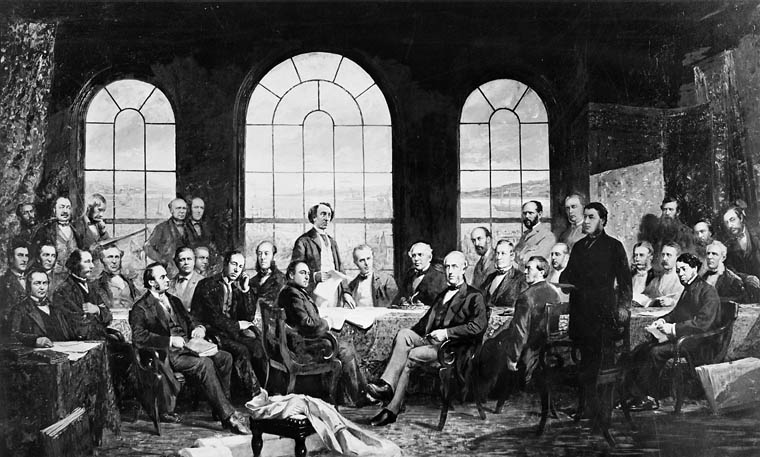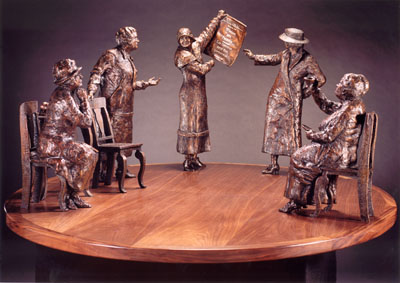Article
Origins of Ice Hockey
The origins of ice hockey have long been debated. In 2008, the International Ice Hockey Federation (IIHF) officially declared that the first game of organized ice hockey was played in Montreal in 1875. Many also consider ice hockey’s first rules to have been published by the Montreal Gazette in 1877. However, research reveals that organized ice hockey/bandy games were first played on skates in England and that the earliest rules were also published in England. Canada made important contributions to the game from the 1870s on. By the early 20th century, “Canadian rules” had reshaped the sport.












